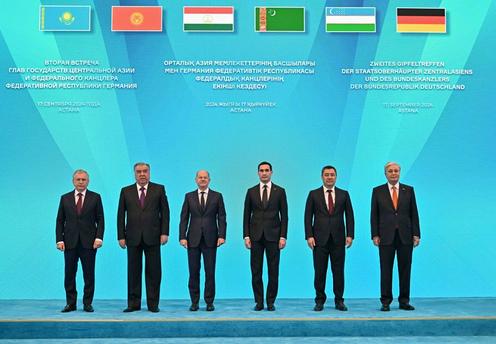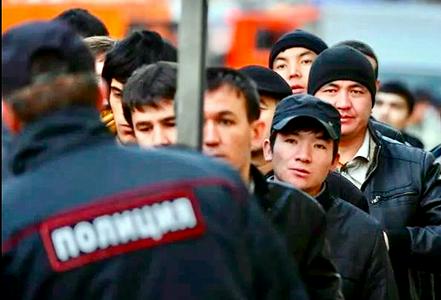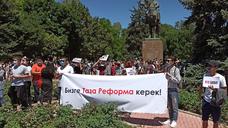The second Central Asia-Germany Summit took place on September 17 in Astana, Kazakhstan, chaired by Kazakh President Kassym-Jomart Tokayev. The event was attended by German Chancellor Olaf Scholz and the presidents of Central Asian countries: Kyrgyzstan's Sadyr Japarov, Tajikistan's Emomali Rahmon, Turkmenistan's Serdar Berdimuhamedow, and Uzbekistan's Shavkat Mirziyoyev.
Uzbekistan's President Shavkat Mirziyoyev, speaking at the summit, outlined priority areas for cooperation between the Central Asian countries and Germany. The main points were reported by the president's press service.
Mirziyoyev emphasized that the first meeting in Berlin and the current summit in Astana confirm the commitment to continuing open and constructive dialogue, aiming for concrete results. He highlighted Germany's consistent support for democratic transformations and socio-economic reforms in Central Asia.
The Uzbek President proposed several new initiatives for cooperation between the regional countries and Germany, including:
• Adopting a long-term Partnership Development Concept with programmatic activities in priority areas.
• Establishing a Central Asia-Germany Think Tank Forum, with its first meeting to be held next year in Khiva.
• Emphasizing the significant role of joint work at the level of foreign policy departments.
• Developing close cooperation with leading German companies in terms of investments and technologies.
• Creating an Investors and Entrepreneurs Council and exploring the possibility of adopting an intergovernmental agreement on investment protection.
• Focusing on the field of critical raw materials, implementing advanced German technologies.
• Launching an Energy Dialogue between the countries of the region and Germany.
• Expanding joint educational programs and scientific exchanges.
• Adopting cooperation programs for the implementation of German technologies in rational water use, modernization of irrigation systems, and biodiversity conservation.
• Developing alternative transport corridors connecting Central Asia with Europe.
• Adopting a Plan of Cultural Events, including holding Days of Central Asian Art and Cinema in major German cities.
• Cooperating in the fight against terrorism and extremism, with a focus on preventing the aggravation of the humanitarian crisis in Afghanistan.
Notably, Uzbekistan is also developing cooperation with Germany in the migration sphere. An intergovernmental agreement on organized recruitment of labor has been signed. According to Uzbekistan's Ministry of Employment and Poverty Reduction, the parties agreed to train bus drivers, train drivers, and medical workers in Europe. This year, 800 nurses are planned to be sent to Germany, with 400 already arrived in Europe and the rest taking German language exams. Their salary will be 2,200 euros net, the ministry noted.
These developments signify a strengthening of ties between Central Asia and Germany, with a focus on economic, cultural, and humanitarian cooperation.










